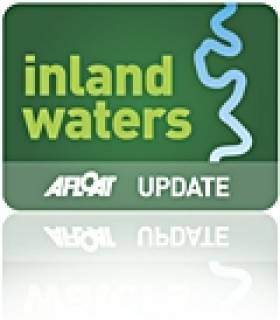Displaying items by tag: dead
Dead Seals Washed Up at Fethard-on-Sea
#MARINE WILDLIFE - The Gorey Guardian reports that the bodies of two grey seals were found washed up last week on Booley Bay beach, near Fethard-on-Sea in Co Wexford.
The two seal pups were found in an emaciated and malnourished state by a beach walker on 27 November.
According to Irish Whale and Dolphin Group chair Kevin MacCormick, dead seal strandings are not unusual at this time of year, particularly after stormy weather, and grey seals have an especially high mortality rate.
Tramua wounds and blood found on the seals were put down to predation by seabirds.
Record Dolphin Strandings 'Inexplicable'
There is growing concern over the rising number of dolphin deaths along Ireland's south coast, the Irish Examiner reports.
The Irish Whale and Dolphin Group (IWDG) announced that a record 19 common dolphins washed up dead in Cork, Waterford and Wexford in January and February of this year alone - 17 more than in the same two months of last year.
Padraig Whooley of the IWDG said the deaths were "inexplicable", noting that there were no obvious signs of injury.
He added that the IWDG did not have the resources or funding to carry out the necessary post-mortems to determine the cause of death, which could be viral in nature.
The Irish Examiner has more on the story HERE.
Dead Swans Found On Grand Canal
The Inland Waterways Association of Ireland (IWAI) has confirmed a number of reports of dead swans found along the Grand Canal in south Dublin.
IWAI representative Colin Becker said some of the dead birds were taken away for analysis, while a number of sick birds were taken for treatment by the DSPCA.
As of yesterday morning "another half dozen" deceased swans were discovered between Portobello Harbour and Suir Road Bridge.
Initial reports are pointing to a form of botulism or other bacterial infection. No source had yet been pin-pointed but "a number of dead and rotting sea-fish were found in the area", according to Becker.
He added that swans are known to be susceptibe to bacterial infections.
The IWAI ruled out the presence avian flu, and dismissed suggestions that dredging of the canal might have disturbed bacteria in the sediment, as the infected swans were found some distance from the current dredging site.































































